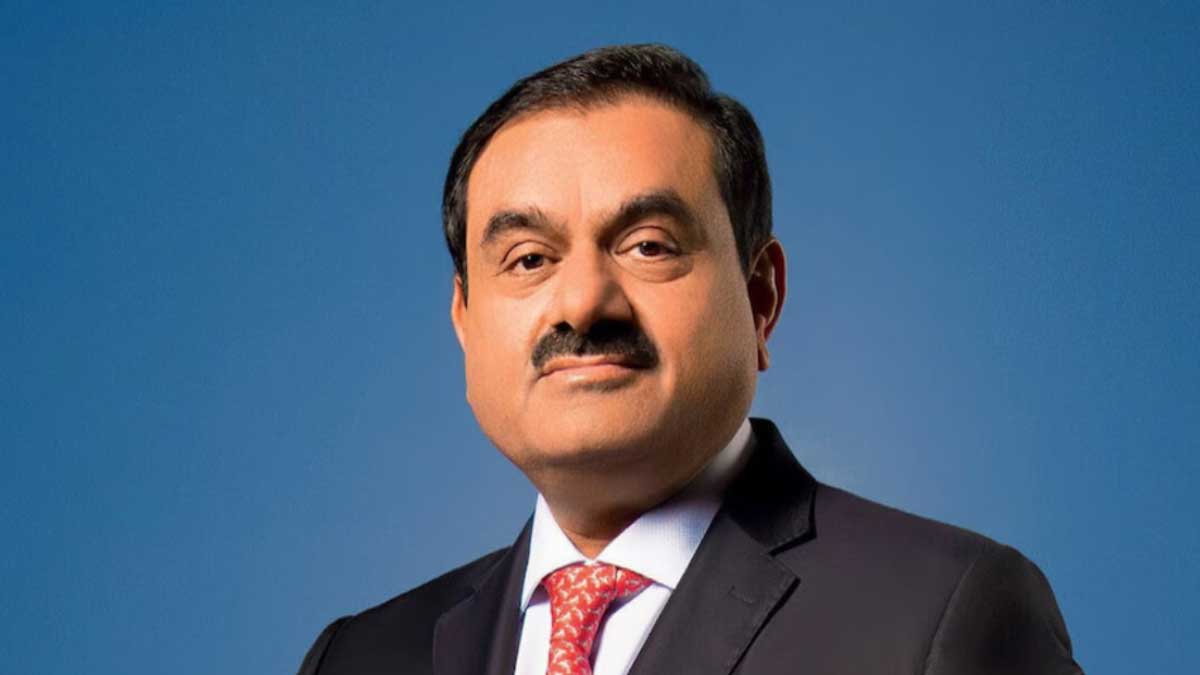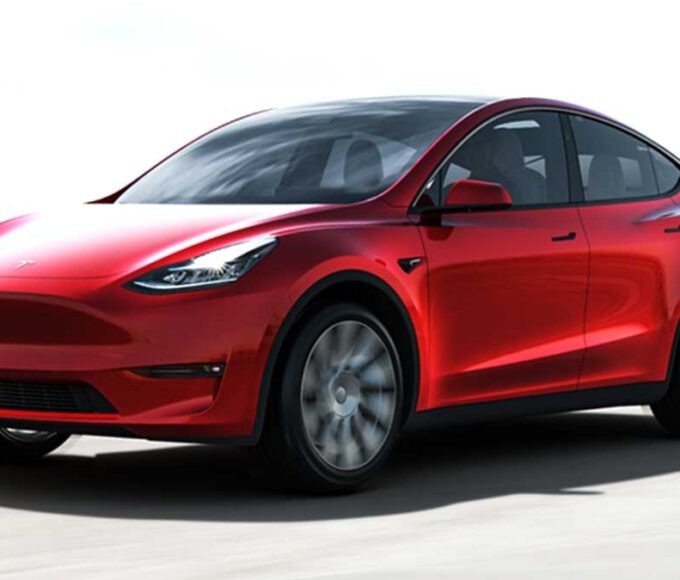- Home
- Billionaires
- Investing Newsletters
- 193CC 1000
- Article Layout 2
- Article Layout 3
- Article Layout 4
- Article Layout 5
- Article Layout 6
- Article Layout 7
- Article Layout 8
- Article Layout 9
- Article Layout 10
- Article Layout 11
- Article Layout 12
- Article Layout 13
- Article Layout 14
- Article Sidebar
- Post Format
- pages
- Archive Layouts
- Post Gallery
- Post Video Background
- Post Review
- Sponsored Post
- Leadership
- Business
- Money
- Small Business
- Innovation
- Shop
Recent Posts
Adani Group Faces Scrutiny Amid U.S. Bribery Charges

Billionaire Gautam Adani’s conglomerate, the Adani Group, has been thrust into the spotlight just a day after Adani was indicted in a major bribery case in the U.S. The charges have sparked increased scrutiny of the company’s operations both internationally and within India. In Australia, the Adani Group’s controversial coal mining project has faced additional challenges. An Aboriginal group recently filed a complaint with the Australian Human Rights Commission, alleging that employees of Adani’s subsidiary, Bravus Mining and Resources, tried to verbally and physically obstruct members of the Wangan and Jagalingou Aboriginal groups from accessing springs near the coal mine in Queensland to perform cultural rites and share knowledge. The Adani Group has outright rejected these allegations, calling them “baseless,” but the controversy has added new dimensions to the already contentious project.
Meanwhile, the international backlash against the Adani Group has continued with Kenya’s President William Ruto cancelling two major deals with the conglomerate. The first was a $1.85 billion agreement to operate Kenya’s main airport for 30 years, and the second was a $736 million deal with the Kenya Electrical Transmission Company to build power lines. President Ruto cited “new information provided by our investigative agencies and partner nations” for the decision, without going into further details. This decision represents a significant setback for Adani’s ambitions in the African market, which was previously seen as a bright spot for the group.
In Sri Lanka, Adani’s business dealings are also under increased scrutiny. The country’s new president, Anura Kumara Dissanayake, has referred to a $442 million wind power deal with the Adani Group as “corrupt” during his campaign, and his administration has promised a thorough review of the agreement. Experts in Sri Lanka are now calling for more detailed investigations into the deal, with concerns about the transparency and legality of the project.
Bangladesh has also taken a hard stance against the Adani Group’s operations. The Bangladesh High Court has ordered a high-level probe into the Adani Group’s power supply deal with Bangladesh, which came under threat after the conglomerate threatened to cut off electricity due to an $850 million unpaid debt. The Bangladesh government has demanded clarification and more details from the Adani Group regarding the agreement.
Back in India, the fallout from Adani’s U.S. indictment has sparked a political firestorm. The opposition parties have seized the opportunity to attack Prime Minister Narendra Modi over his long-standing ties with the billionaire. Rahul Gandhi, leader of the opposition, has demanded the immediate arrest of Adani and the removal of Madhabi Buch, the chairperson of the Securities and Exchange Board of India (SEBI), accusing her of protecting the billionaire. SEBI has reportedly opened an investigation into potential disclosure violations by the Adani Group, especially concerning Adani Green Energy, which is directly linked to the U.S. charges. Prime Minister Modi, however, has remained silent on the matter so far.
The U.S. Department of Justice made a significant move by charging Adani and other executives from his company—including Adani Green Energy CEO Vneet Jaain and the firm’s Executive Director Sagar Adani—with conspiracy to commit securities and wire fraud and substantive securities fraud. The charges allege a bribery scheme orchestrated by the accused to pay $250 million to Indian government officials in exchange for securing contracts worth billions of dollars. The Securities and Exchange Commission also filed a separate complaint, alleging that Adani and his executives made false and misleading statements to U.S. investors, raising $175 million through these claims. The Adani Group has continued to deny these accusations, describing them as “baseless.”
The charges and the subsequent global scrutiny have had a drastic impact on Adani’s fortunes. Before the U.S. indictment, Adani was ranked as the 22nd richest person in the world, with a net worth of $69.8 billion. After the charges, his net worth has plummeted to $56.8 billion, dropping him to the 26th spot on the list of the world’s wealthiest individuals. As the Adani Group deals with legal challenges across multiple jurisdictions and faces mounting political pressure in India, the billionaire’s business empire appears to be in jeopardy. The allegations, along with the canceled deals, have cast a shadow over what was once considered a beacon of success in India’s rapidly growing business landscape. With investigations continuing, the coming months will be critical in determining whether Adani’s conglomerate can survive or whether it faces even greater setbacks.
Recent Posts
Categories
- 193cc Digital Assets2
- 5G1
- Aerospace & Defense46
- AI37
- Arts3
- Banking & Insurance11
- Big Data3
- Billionaires449
- Boats & Planes1
- Business328
- Careers13
- Cars & Bikes76
- CEO Network1
- CFO Network17
- CHRO Network1
- CIO Network1
- Cloud10
- CMO Network18
- Commercial Real Estate7
- Consultant1
- Consumer Tech180
- CxO1
- Cybersecurity68
- Dining1
- Diversity, Equity & Inclusion4
- Education7
- Energy8
- Enterprise Tech29
- Events11
- Fintech1
- Food & Drink2
- Franchises1
- Freelance1
- Future Of Work2
- Games141
- GIG1
- Healthcare78
- Hollywood & Entertainment186
- Houses1
- Innovation42
- Investing2
- Investing Newsletters4
- Leadership65
- Lifestyle11
- Manufacturing1
- Markets20
- Media193
- Mobile phone1
- Money13
- Personal Finance2
- Policy567
- Real Estate1
- Research6
- Retail1
- Retirement1
- Small Business1
- SportsMoney33
- Style & Beauty1
- Success Income1
- Taxes2
- Travel10
- Uncategorized8
- Vices1
- Watches & Jewelry2
- world's billionaires418
Related Articles
Tesla Recalls 700,000 Vehicles Over Tire Pressure Issue
Tesla has announced its latest recall of nearly 700,000 vehicles in the...
By 193cc Agency CouncilDecember 20, 2024MicroStrategy Stock Rallies on Nasdaq 100 News
Shares of MicroStrategy surged on Monday following the announcement that the company...
By 193cc Agency CouncilDecember 16, 2024Stanley Recalls Millions of Mugs After Burn Injuries
In a significant recall, Stanley, the well-known brand behind popular stainless steel...
By 193cc Agency CouncilDecember 12, 2024Adobe Shares Drop 12% After Lowering Revenue Outlook
Shares of Adobe experienced a significant drop of over 12% on Thursday,...
By 193cc Agency CouncilDecember 12, 2024















Leave a comment